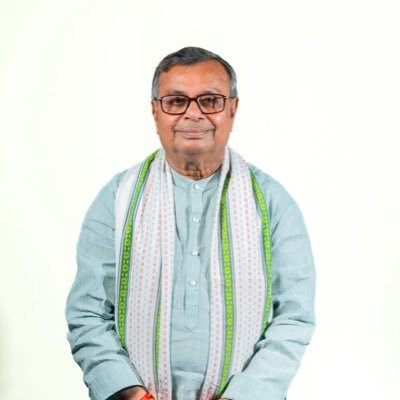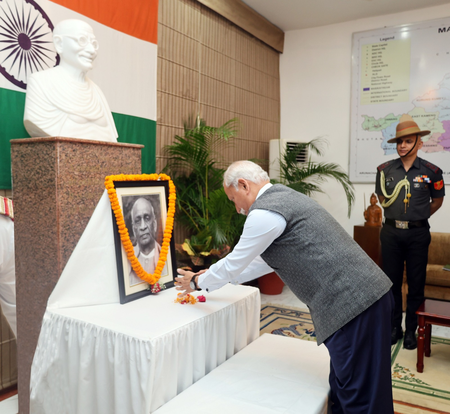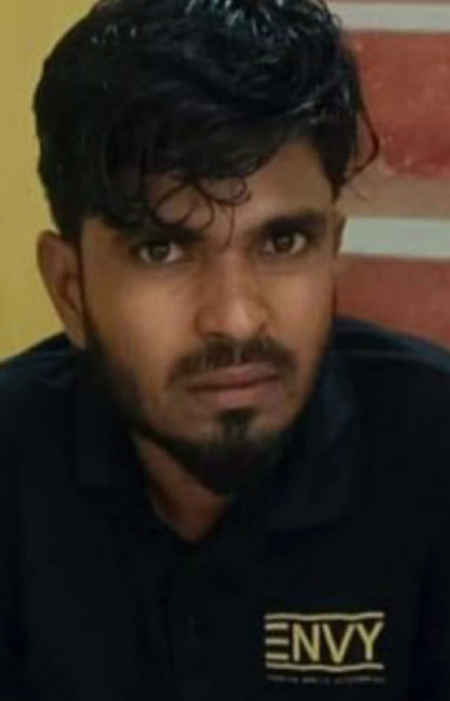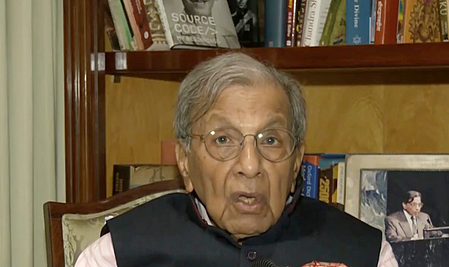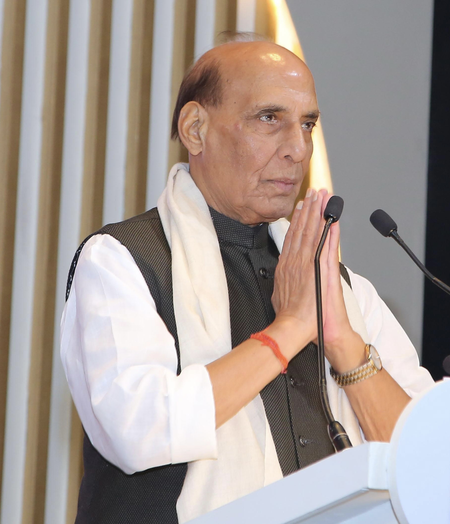
New Delhi, Aug 22 (IANS) In a moment that underscored India’s unwavering commitment to gender parity and global peace, Defence Minister Rajnath Singh on Friday engaged with women military officers from 15 nations, alongside Indian counterparts, participating in the United Nations Women Military Officers Course (UNWMOC-2025).
The course, held at the Manekshaw Centre in New Delhi from August 18 to 29, is a collaborative endeavour of the Centre for United Nations Peacekeeping, under the aegis of the Ministry of Defence and the Ministry of External Affairs.
Addressing the officers at South Block, Defence Minister Singh lauded their presence as emblematic of the United Nations’ enduring spirit of unity and cooperation. “You are the torchbearers of change,” he declared.
“Your dedication strengthens not only peacekeeping but also the very fabric of global security. India stands with you, proud of your contributions and steadfast in its commitment to support your journey.” India, as the largest troop-contributing nation to UN peacekeeping missions, has long championed the integration of women into these operations.
The Defence Minister reiterated that initiatives like UNWMOC are instrumental in preparing women officers for the complexities of modern conflict zones. “We are strengthening policies to encourage women’s participation in our Armed Forces and peacekeeping contingents, ensuring they have equal opportunities to lead and serve,” he affirmed.
The minister emphasised that women peacekeepers bring unique perspectives to conflict resolution. Their ability to foster trust within local communities—especially among women and children—has proven vital in rebuilding fractured societies. Their presence, he noted, contributes to the prevention of sexual violence, enhances humanitarian outreach, and inspires local women to envision themselves as agents of peace.
Twelve Indian women officers and five interns have joined their global peers, reflecting India’s proactive role in shaping inclusive peacekeeping frameworks.
The curriculum of UNWMOC-2025 encompasses critical dimensions of contemporary peacekeeping, including International Humanitarian Law, Protection of Civilians, Refugee and IDP management, Conduct and Discipline, and Conflict-Related Sexual Violence. These modules are designed not merely to inform, but to empower officers with the tools to navigate volatile environments with empathy, precision, and resolve.
The initiative, now in its latest edition, seeks to fortify the professional acumen of women officers for deployment in multidimensional UN peacekeeping missions. With participants hailing from Armenia, Democratic Republic of Congo, Egypt, Ivory Coast, Kenya, Kyrgyz Republic, Liberia, Malaysia, Morocco, Nepal, Sierra Leone, Sri Lanka, Tanzania, Uruguay, and Vietnam, the course has emerged as a vibrant crucible of international exchange and strategic learning.
The defence minister also unveiled the Platinum Jubilee edition of the UN Journal titled ‘Blue Helmet Odyssey: 75 Years of Indian Peacekeeping’, chronicling India’s legacy and innovations in global peace efforts.
Reflecting on the symbolism of the blue helmet, he remarked, “Like the sky, it offers protection and a sense of security; like the oceans, it builds connections across borders and cultures.”
As the course continues, UNWMOC-2025 stands not only as a training programme but as a testament to the transformative power of inclusive leadership. In the words of the Defence Minister Singh, “Peace is not merely the absence of war—it is the triumph of dignity, equality, and shared purpose. And in that triumph, women must lead.”
–IANS
sktr/uk

